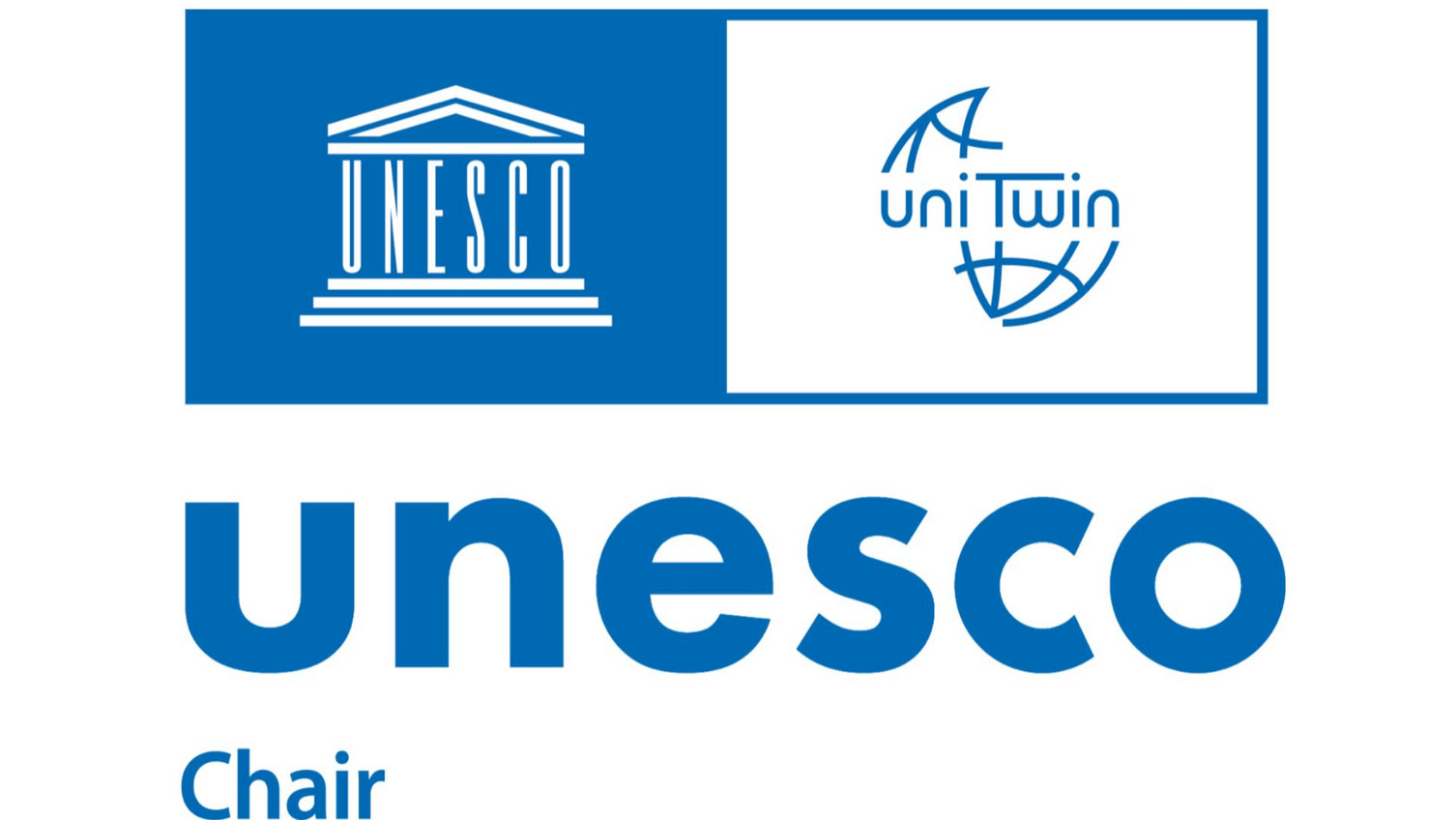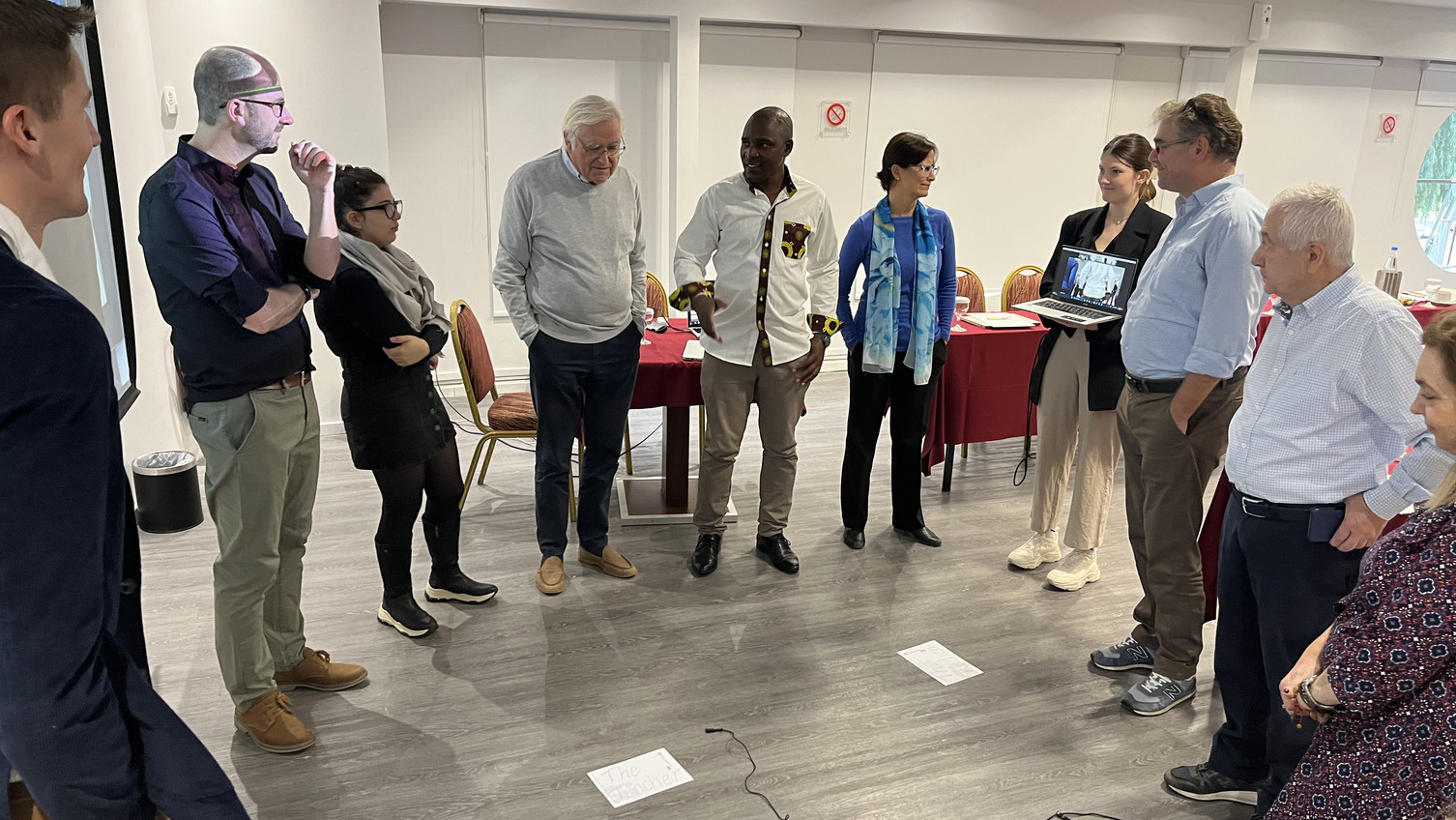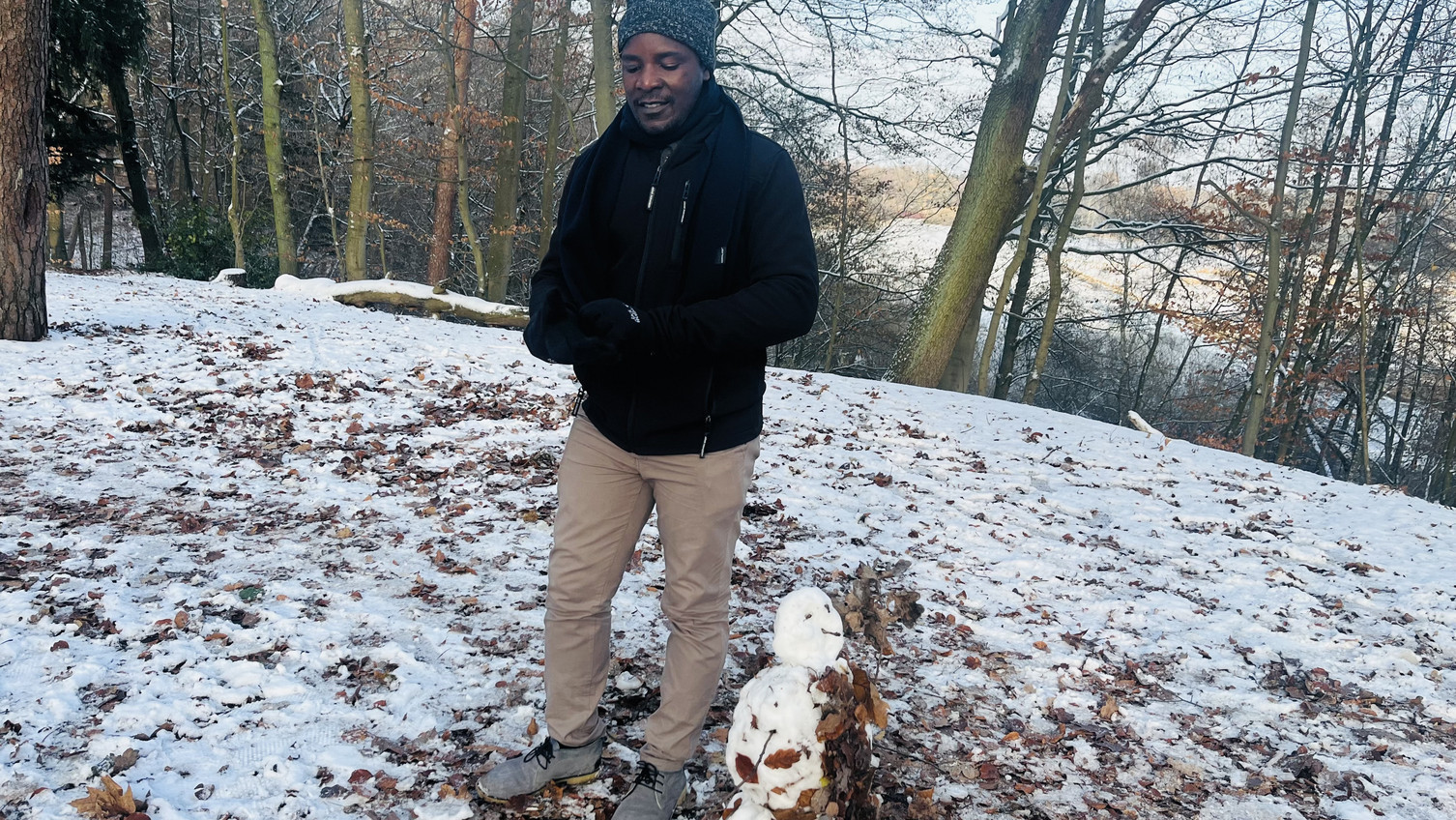What role does sustainable development play in higher education? How can students - in addition to the content of their respective subject studies - be taught a holistic and responsible understanding of science that incorporates sustainability aspects? What competencies do they need to assess the impact of their actions on future generations and other regions of the world and thus be able to make responsible decisions for the future? And how can appropriate teaching and learning formats be integrated into university curricula? These are the questions addressed by the UNESCO Chair "Higher Education for Sustainable Development".




